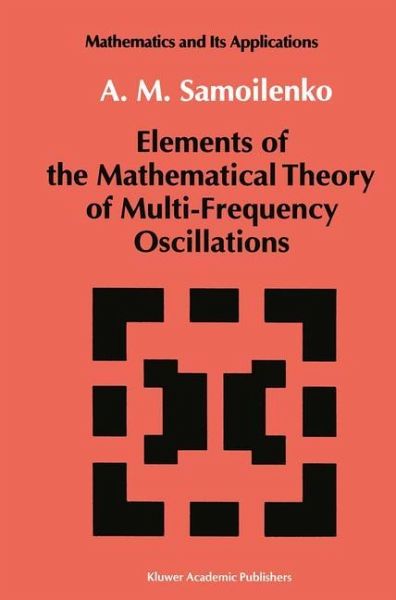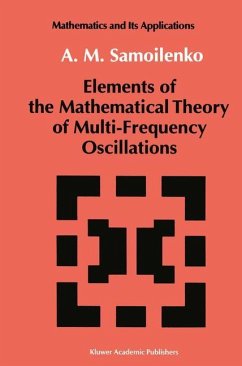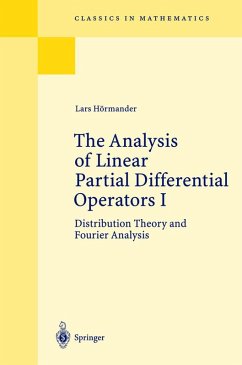
Elements of the Mathematical Theory of Multi-Frequency Oscillations
Versandkostenfrei!
Versandfertig in 1-2 Wochen
39,99 €
inkl. MwSt.

PAYBACK Punkte
20 °P sammeln!
Translated from the original Russian edition of 1987 (Nauka, Moscow), this volume deals with the theory of multi-frequency oscillations as a motion of a dynamical system which describes a recurrent trajectory on an invariant toroidal manifold of the system. In this way, the invariant toroidal manifo














